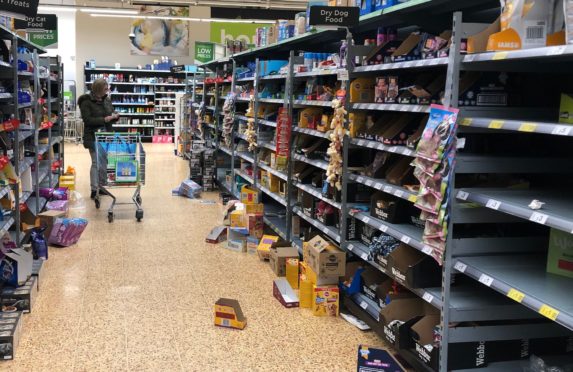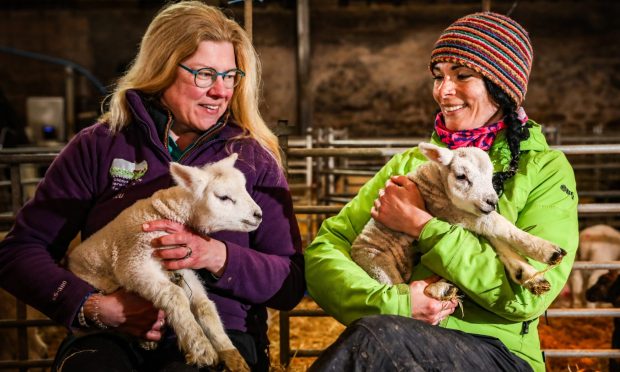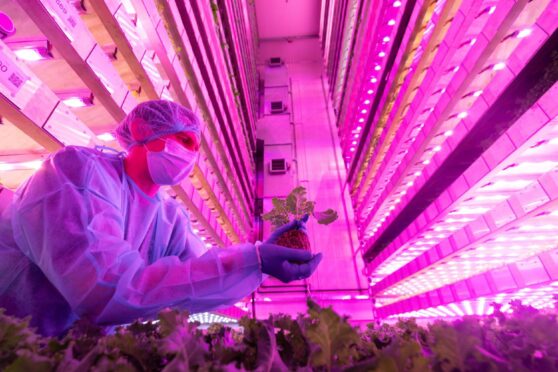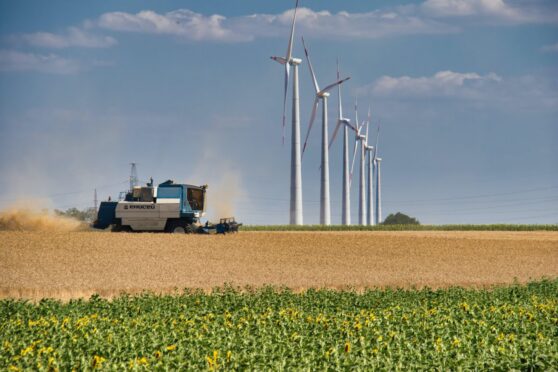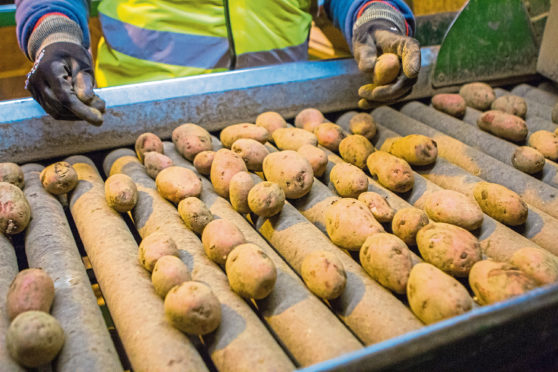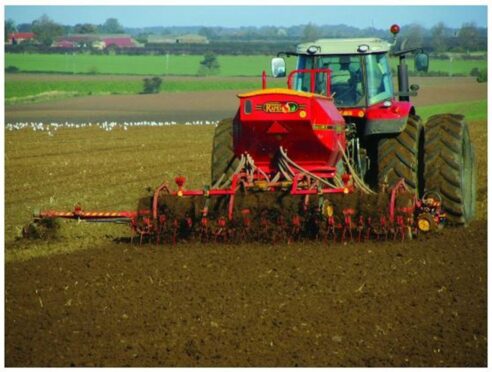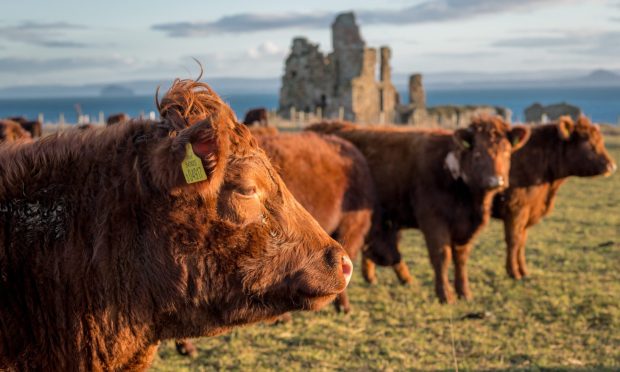No one expected the adulation to last, but it seems even the new-found respect for farming is fading as the Covid emergency wanes.
It’s just a few short weeks since supermarket shelves were emptying, food security was a genuine fear, and farmers and food producers were being hailed as the “hidden heroes” by Defra secretary George Eustice for rallying to keep the country fed.
Yet this week at Westminster, when MPs had the opportunity to put their money where their mouths were, all the fine words amounted to nothing.
The Agriculture Bill has now gone to the Lords minus an amendment which would have prevented food being imported into the UK if it was produced to inferior animal welfare or environmental standards than those adhered to in this country.
Should we be surprised? No. But after endless lobbying by food industry leaders I’d like to think Scotland’s six Tory MPs might be a little troubled by their consciences.
The amendment to Westminster’s Agriculture Bill would have meant legal equivalence standards and farmers standing a fighting chance of competing with imports when post-Brexit trade deals are negotiated. Just as importantly, it would have been a guarantee to consumers that they weren’t eating food produced in conditions which in some instances would be illegal in this country.
The looming recession will inevitably put pressure on domestic budgets, so there are justifiable fears that British food, with its guarantees of top animal welfare, integrity, quality and environmental sustainability, will be under pressure from cheap, lowest common denominator imports.
In short, it means more divergence in food standards for people at either end of the social spectrum and yet more pressure on British agriculture.
It seems there’s no chance of the equivalence measures being included in the forthcoming Trade Bill – which would have been the most appropriate place – but farming leaders haven’t given up on achieving some amendments when the Agriculture Bill is debated in the Lords.
Meanwhile, we’re being assured that pre-election manifesto promises to safeguard food will be kept.
Will those assurances last any longer than the adulation? We’ll see.
